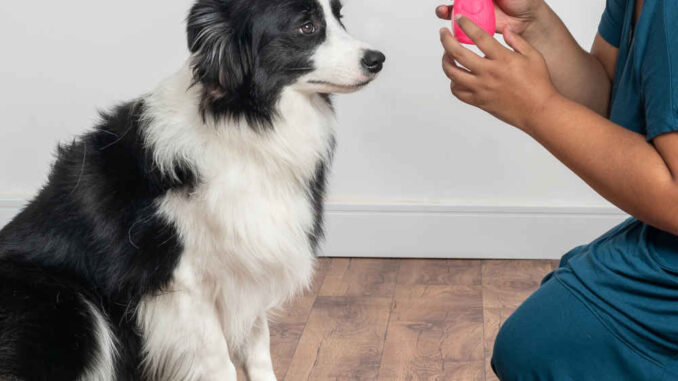
This article was updated on January 10th, 2024
Every pup needs daily mental and physical activities. But for some dogs, toys might not feel like their preferred play. There are many reasons your dog may not like certain types of toys, but don’t fret – there are plenty of ways to keep your dog happy and engaged even if they aren’t interested in their toys at home.
Take note of your dog’s typical behaviors and what types of things seem to bring them joy, recommends Mindy Waite, Ph.D., our Certified Dog Behavior specialist here at SeniorTailWaggers.com. Dr Waite is also a Certified Dog Trainer (CPDT-KA) and a researcher on dog behavior at the University of Wisconsin – in other words, she knows a thing or two about dogs and what they like to do for fun!
Dr. Waite shared with us that there’s a method of play and stimulation for every kind of pup – from tugging, chewing, and nuzzling, Here’s what we know about why some dogs don’t like toys and ideas from our experts on what you can do to let your dog have some fun.
Why doesn’t my dog like toys?
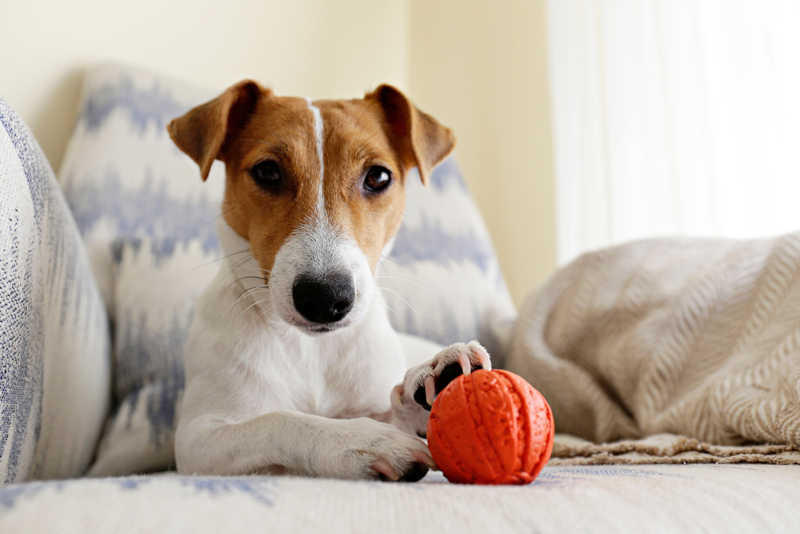
It might seem like your dog doesn’t enjoy toys, but Dr. Waite says that’s likely not the case. Dogs have a strong preference towards neophilia, or the preference for new and novel things. If your dog isn’t showing interest in toys, there’s likely a behavioral or health aspect at play.
1. They’re bored
Dogs like new and novel things. So, it’s not surprising that some dogs quickly get bored of toys. Rotate toys in and out of play often, making four or five available at a time. Dogs should have access to different types of toys, too—from comfort and interactive toys to puzzles. Some pups like interactive toys that they can figure out, and others just want something new to chew on.
2. They haven’t been taught to use toys
“Some dogs may not have previously experienced toys and simply aren’t sure what to do with toys,” Dr. Waite says. This could be particularly true if your dog was rescued.
3. You need different toys
Do your dog’s toys match their style of play? There may be more types of dog toys than you think, made for chewers, tuggers, diggers, and pups that like to fetch. Just like people, pups have different preferences when it comes to the things that they enjoy, and their current toy stash might not be to their liking.
4. They’re depressed
Like humans, dogs can suffer from depression. And, like us, depression can look like a loss of interest in the things they once enjoyed, such as playing with toys. Depression in dogs can be caused by a change in routine, the loss of a human or furry family member, or even the introduction of a new family member. If your dog’s lack of interest in toys is a new behavior and is accompanied by other changes in behavior including an increase in sleep or a change in appetite, they may be depressed.
5. They have mouth disease
Dogs with painful mouths likely won’t want to play with and chew on their toys. If your pup has an injury or mouth disease, you might also notice bad breath, excessive drooling, dropping of kibble, and pawing at their mouth.
6. They’re stressed or anxious (or have dementia)
Stress and anxiety in dogs can look like a lack of interest in toys and play, but it can also look like fear of everyday objects or toys. “Some dogs may be nervous or don’t like novel items, lights, fast movement, or loud sounds, which can make toys uninteresting or even scary for them,” Dr. Waite says. If this sounds like your pup, If this is your dog, talk with a veterinary behaviorist about how to help your dog feel more comfortable in their daily lives.
Older dogs, like people, are at risk of developing dementia. Called canine cognitive disorder, senior dogs experiencing the condition can have a change in personality and behaviors. They might get confused and wander around the house, lose interest in play, or have a new-found fear of everyday objects. Some dogs become extra clingy while others may not enjoy socialization as much as they used to.
7. They don’t feel well
Any sudden changes in behavior including a lack of interest in toys, a change in appetite, or gastrointestinal issues could indicate that your dog doesn’t feel well.
How can I help my dog find toys to play with?
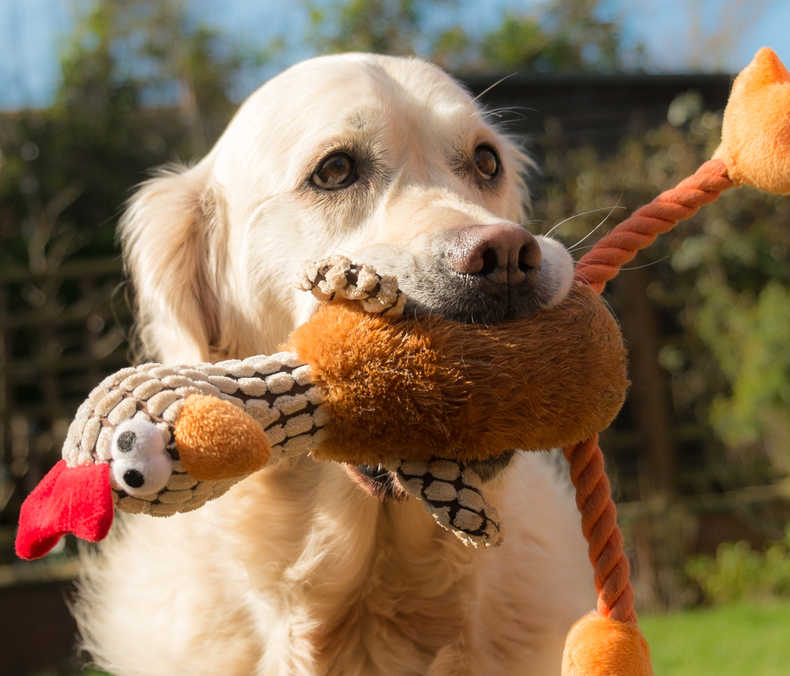
Whatever the reason for your pup’s lack of interest in their toys, with a clean bill of health there are plenty of other ways to keep them entertained.
1. Take your dog to the vet.
If a lack of interest in toys is a new behavior, or if you spot any other changes in your dog’s behavior, the first step is to take your dog to the vet.
2. Choose toys based on the things your dog loves to do.
Our dog trainer Dr. Mindy Waite recommends: “See what behaviors your dog does daily. For example:
- Do they chew a lot? They may long for some chew toys
- Do they chase animals in the backyard? They may love objects to chase, such as a flirt pole.
- Do they pull on your clothing? They may love tug of war play.”
3. Try out new toys.
Trying and buying new toys doesn’t need to come with a hefty price tag. “Buy gently used toys,” Dr. Waite suggests. “Many shelters and rescues have used toy bins for cheap. Or borrow some toys from a friend.”
4. Teach your dog how to use toys.
Introduce your dog to a toy using positive reinforcement to create happy associations around the toy and play. When your dog picks up or interacts with the toy, show excitement, verbally praise them, and give a small treat. Or have a playdate with other pups. “Sometimes watching another dog play with a toy can give them a hint of how it works,” Dr. Waite suggests.
5. Try food and scent toys.
Chewing, tugging, and fetching aren’t the only ways to stimulate your pup. “Almost every dog loves to eat, and therefore many dogs can benefit from food-dispensing toys and scent games,” Dr. Waite says. Start with a low-challenging game for an easy reward, working up to more challenging games. Below are 4 great options that most dogs will love:
6. Consider your dog’s age.
As dogs age, they become less active and energetic. They may have aches and pains like arthritis and prefer a calm activity over a rambunctious one. Typically, puppies enjoy chew toys for teething while adults love to run and jump and seniors might prefer plush toys. Check out our list of 20+ toys for your senior dog (all with excellent ratings & a great fit for senior dogs). Here are a 2 excellent choices for older dogs:
7. Take your dog to the pet store.
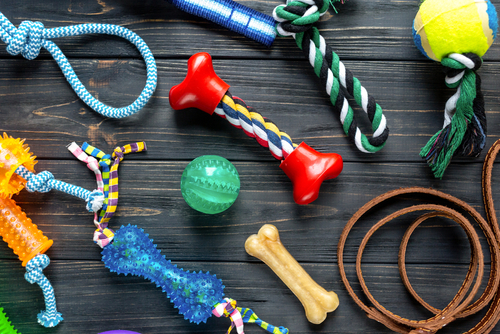
There’s no better way to pick the right toy for your dog than to let them select one from the shelf.
Do dogs have favorite toys?
When trying out new toys with your dog, you might notice they prefer a type of play or even a favorite toy. It’s okay to let your dog play with the same toy if they remain interested in it. If you notice that your dog has a favorite toy, buy more toys with similar qualities—even more of their favorite toys are sure to make their tail wag.
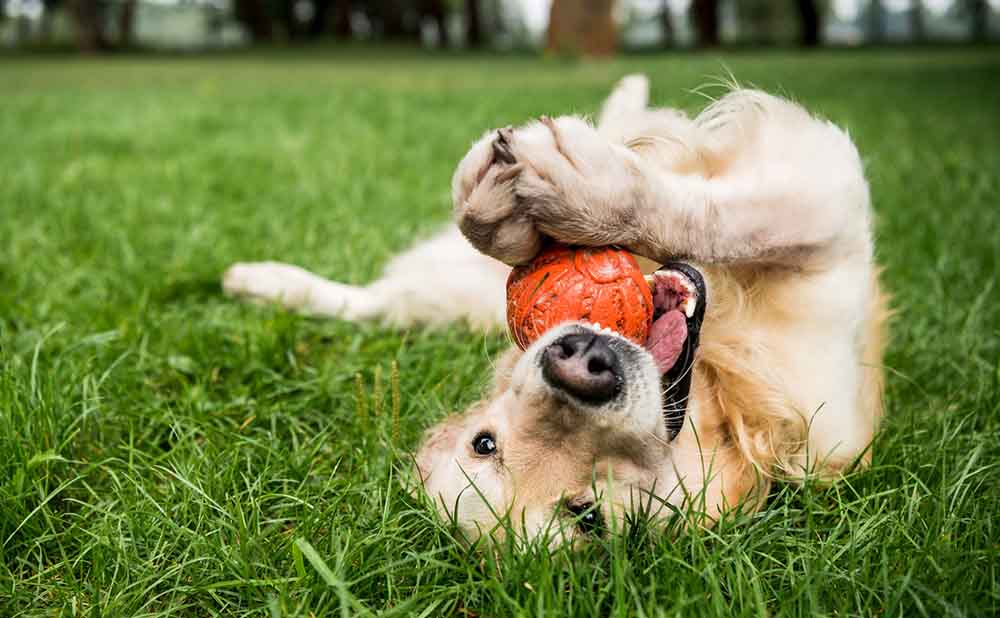
FAQ
What do I do if my dog is too attached to one toy?
It’s normal for a dog to have a favorite toy that they love to play with and carry around. Having their favorite toy likely makes your dog feel safe. There’s no reason to stop this behavior if your dog isn’t showing aggression or is overly possessive of the toy. If your dog is too attached to their toy, it’s a good idea to draw their attention to other stimulating activities. If your dog is showing signs of anxiety or behavioral issues, it’s never a bad idea to talk with your vet or a canine behavioral specialist.
Is it okay if my dog is attached to one toy?
“It’s fine if a dog has a particular toy that they really enjoy,” says Senior Tail Waggers’ Certified Dog Behaviorist Mindy Waite, Ph.D. Take note of the toy’s qualities and buy more that are similar to it. Rotate different toys and methods of play to keep your dog mentally and physically stimulated.
Why would my dog lick its toys instead of playing with them?
Dogs lick their toys for relaxation, exploration, out of boredom, or because they taste good. But if your dog is excessively licking their toy, draw their attention to other stimulating activities. Licking that is excessive or aggressive could be a sign of canine compulsion disorder or anxiety. So, talk with your vet if the behavior is concerning or if you see other changes in behavior.
My dog licks blankets but won’t play with toys. Why?
Like dogs licking their toys, dogs lick blankets for relaxation, exploration, or out of boredom. If licking the blankets is habitual and excessive, draw their attention to other stimulating activities. Licking that is excessive or aggressive could be a sign of canine compulsion disorder or anxiety. So, talk with your vet if the behavior is concerning or if you see other changes in behavior.
Do certain dog breeds like certain toys? “There is a lack of population-level data on which dogs are more or less likely to play with toys and what kinds of toys they choose to play with,” says Senior Tail Waggers’ Certified Dog Behaviorist Mindy Waite, Ph.D. But dogs can be grouped into working classes such as the herding, gun, and guardian dogs that have been bred for certain working traits. For example, Terriers were bred to hunt rodents in urban areas and are known to love a game of frisbee chasing. Bulldogs, on the other hand, love tug-of-war.
Disclaimer: This website's content is not a substitute for veterinary care. Always consult with your veterinarian for healthcare decisions. Read More.



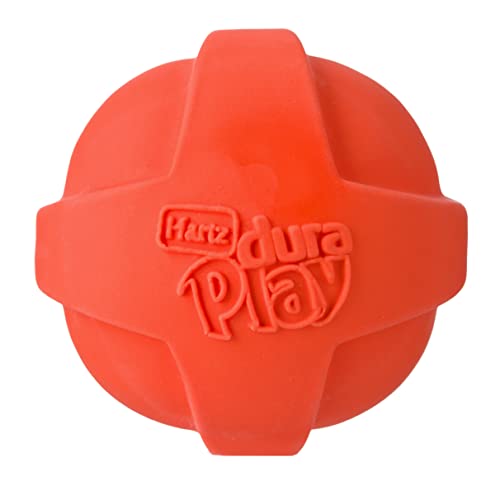





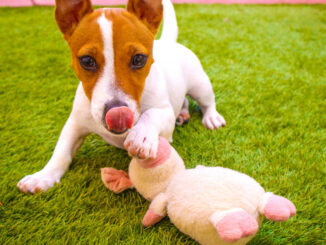
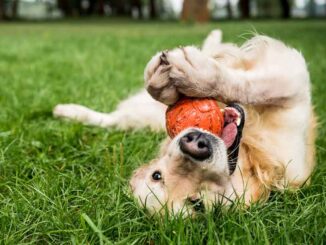
Be the first to comment